The Forum on Building up China's Cultural Strength in Shenzhen, Guangdong province, provided a platform for hundreds of officials and scholars to convene and exchange ideas on fortifying China's cultural heritage. Discussions at the forum centered on key challenges facing China's cultural landscape and explored potential solutions to address them.
Officials and scholars underscored the significance placed on preserving and promoting China's rich cultural heritage. Through in-depth discussions and the sharing of expertise, participants aimed to generate innovative strategies to safeguard and enhance China's cultural legacy for future generations.
During the Sub-Forum on High-Quality Development of Cultural Trade, experts emphasized the significant role that artificial intelligence can play in revitalizing the cultural industry. However, they also stressed the importance of addressing ethical issues to ensure a harmonious integration between AI and culture.
Li Xiaomu, vice-president of Capital University of Economics and Business, highlighted the need to leverage AI technology effectively to promote cultural trade. He emphasized the importance of balancing the application of digital technologies with cultural content creation, cautioning against prioritizing technology at the expense of cultural richness. Li emphasized the importance of establishing a solid connection and facilitating a smooth transition between technology and cultural content.
Han Meilin, a renowned Chinese painter, sculptor and designer, highlighted the irreplaceable aspects of human creativity and culture that artificial intelligence cannot replicate, such as history, painting and aesthetics. Despite advancements in technology, the essence of human expression and artistic endeavor remain unique and essential to our cultural heritage.
Against the backdrop of China's burgeoning foreign cultural trade, which surpassed $220 billion in 2022, the potential of AI to engage younger generations in the industry emerged as a focal point. Wang Peng, presenter of the Asia Digital Art Exhibition, envisioned a future where the creative energies of the youth propel the cultural landscape to new heights.
However, amidst the promise of AI-driven innovation, Yi Di, vice-president of Perfect World Holding Group, sounded a note of caution regarding the ethical implications inherent in the fusion of AI with the cultural industry. Expressing concerns about the emotional dynamics between humans and machines, Yi highlighted the ethical quandaries arising from AI's deepening understanding of human emotions. The potential for individuals to form emotional bonds with machines poses a significant challenge, and ethical frameworks are needed to guide this evolving relationship.
During the Sub-Forum on Development of the Film Industry, Chen Sicheng, founder of Shanghai Yitong Film and Television Production and a director, reflected on how filmmakers have the power to inspire respect and admiration, even influencing relationships within families.
In response to this sentiment, Wu Jing, a prominent actor and director, emphasized the importance of "faith" in the creative process. He highlighted that creators must believe in the stories and spirits of the heroes they depict. Wu underscored the enduring Chinese hero's dream, emphasizing the preservation of heroic ideals in times of peace and the importance of following in the footsteps of heroes in everyday life.








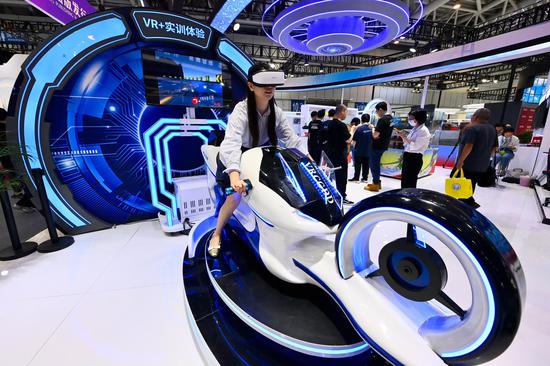
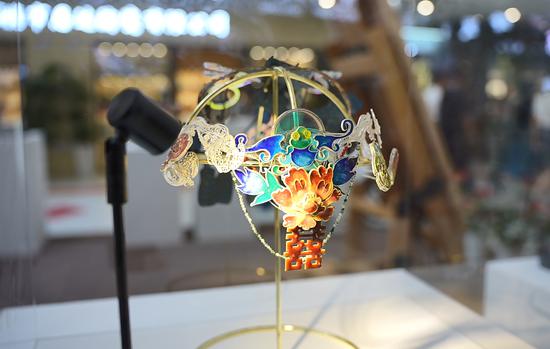
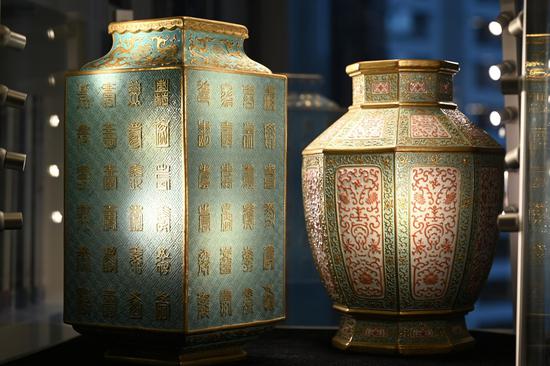
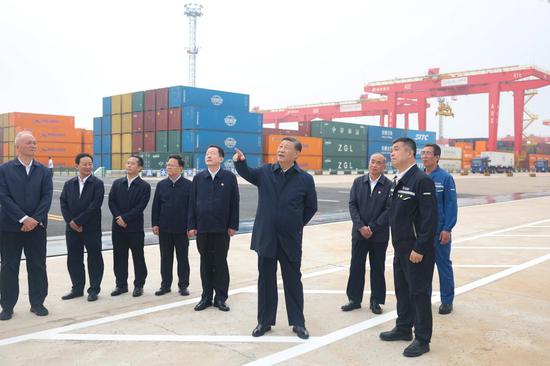

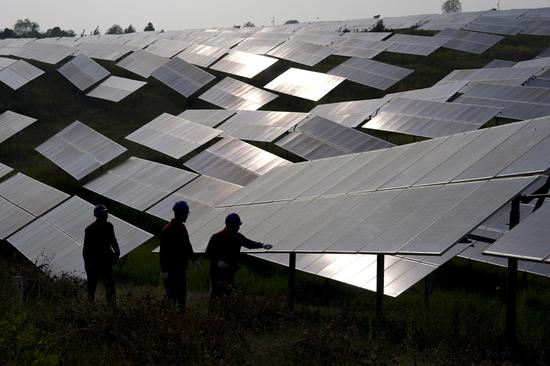
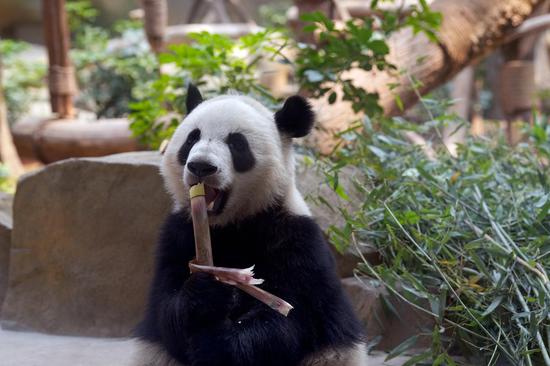
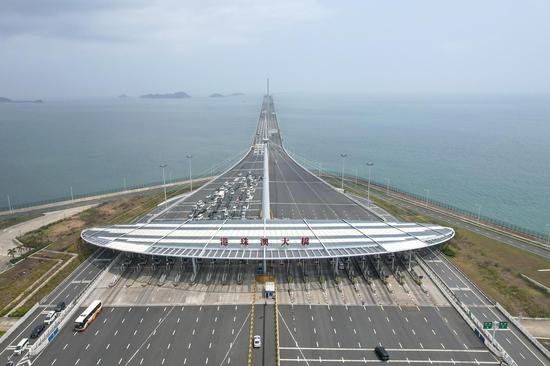
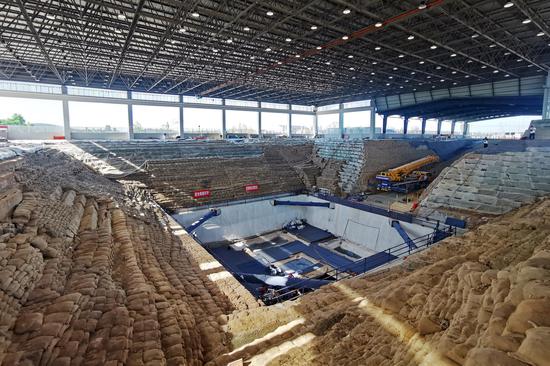
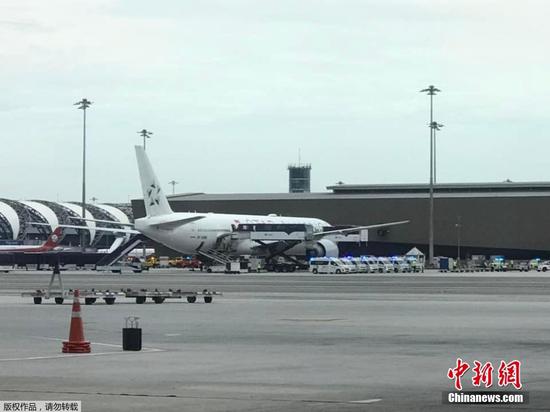

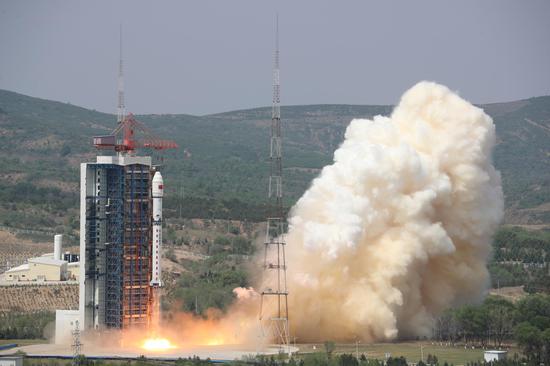

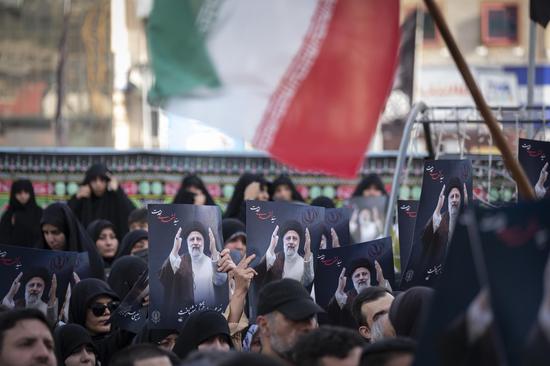
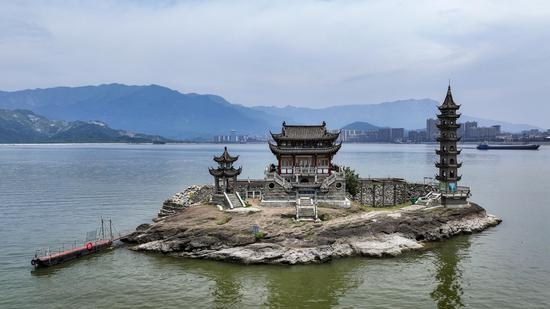

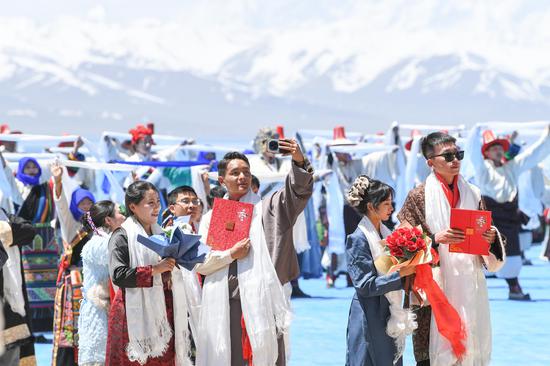


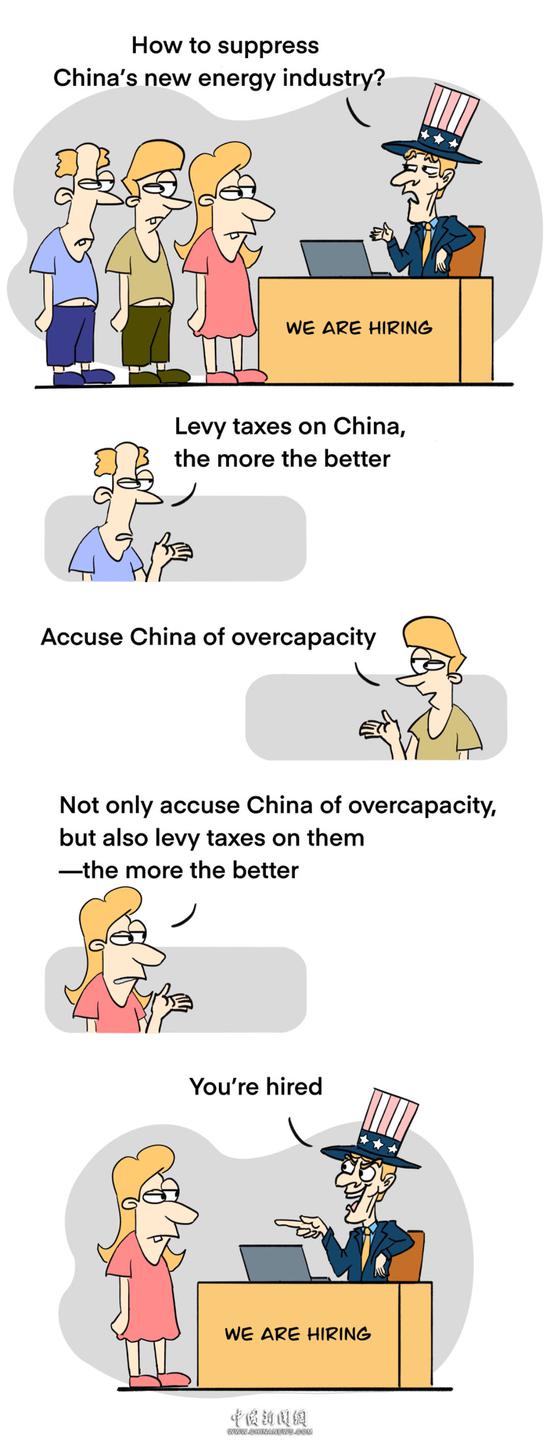
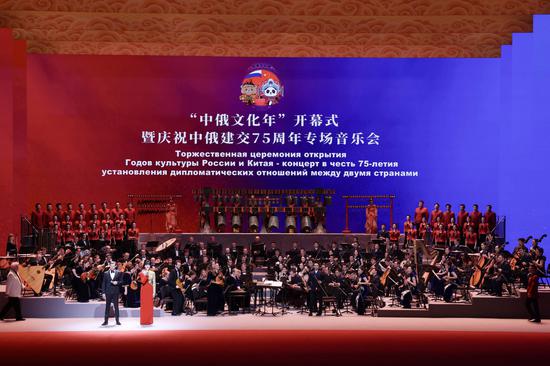
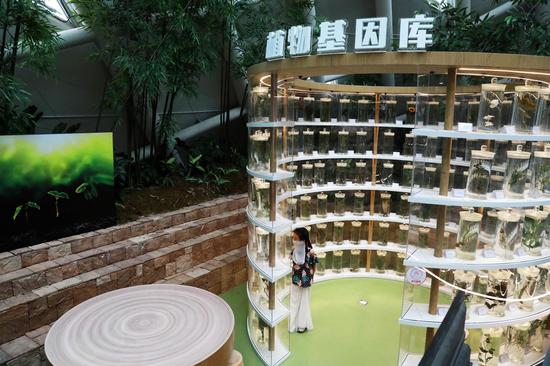

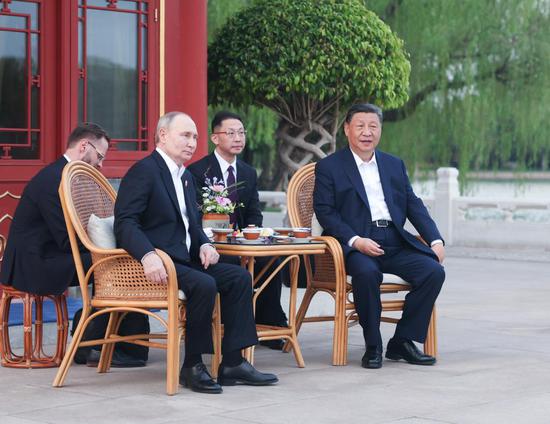
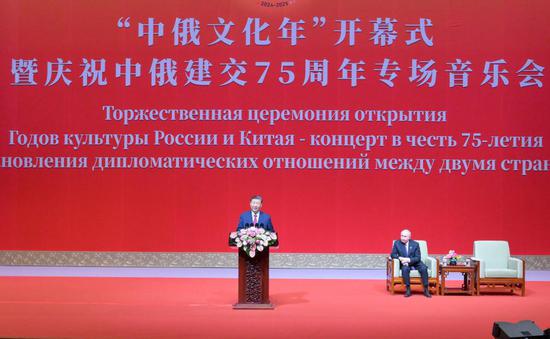
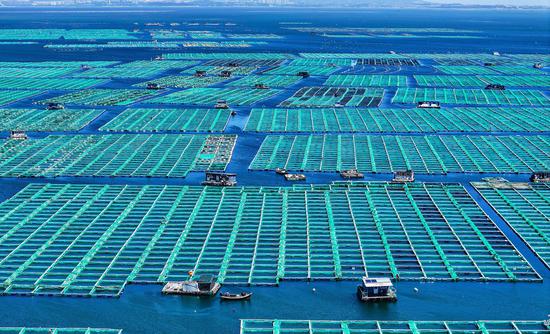
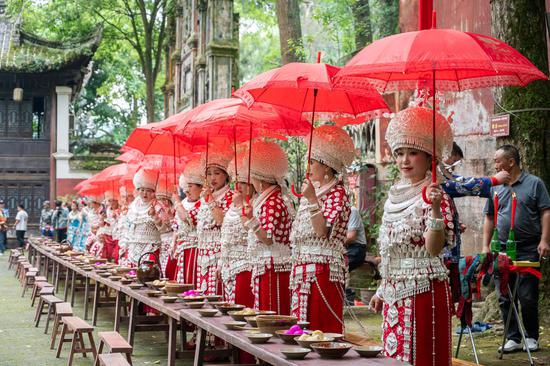


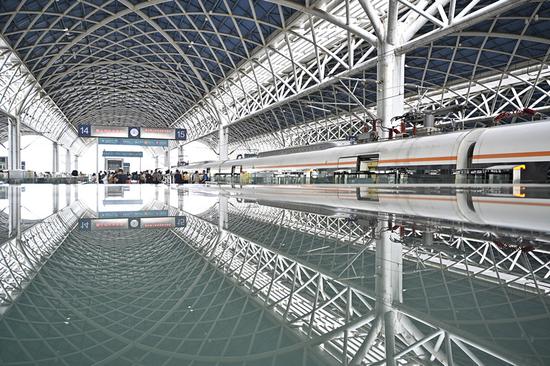

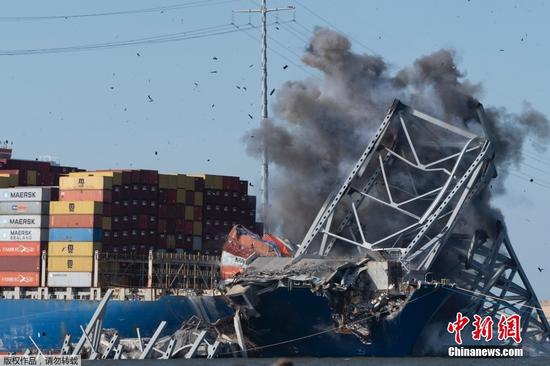



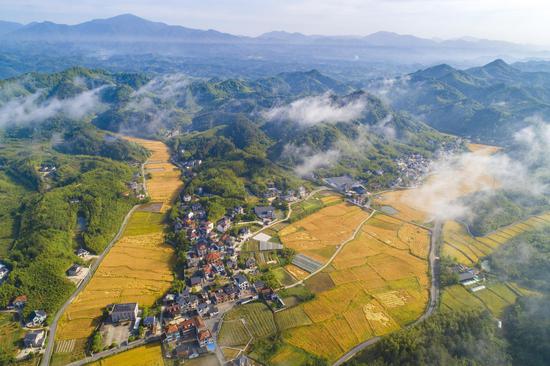
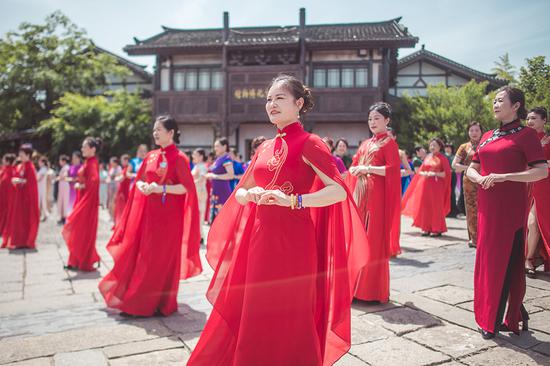





 京公网安备 11010202009201号
京公网安备 11010202009201号